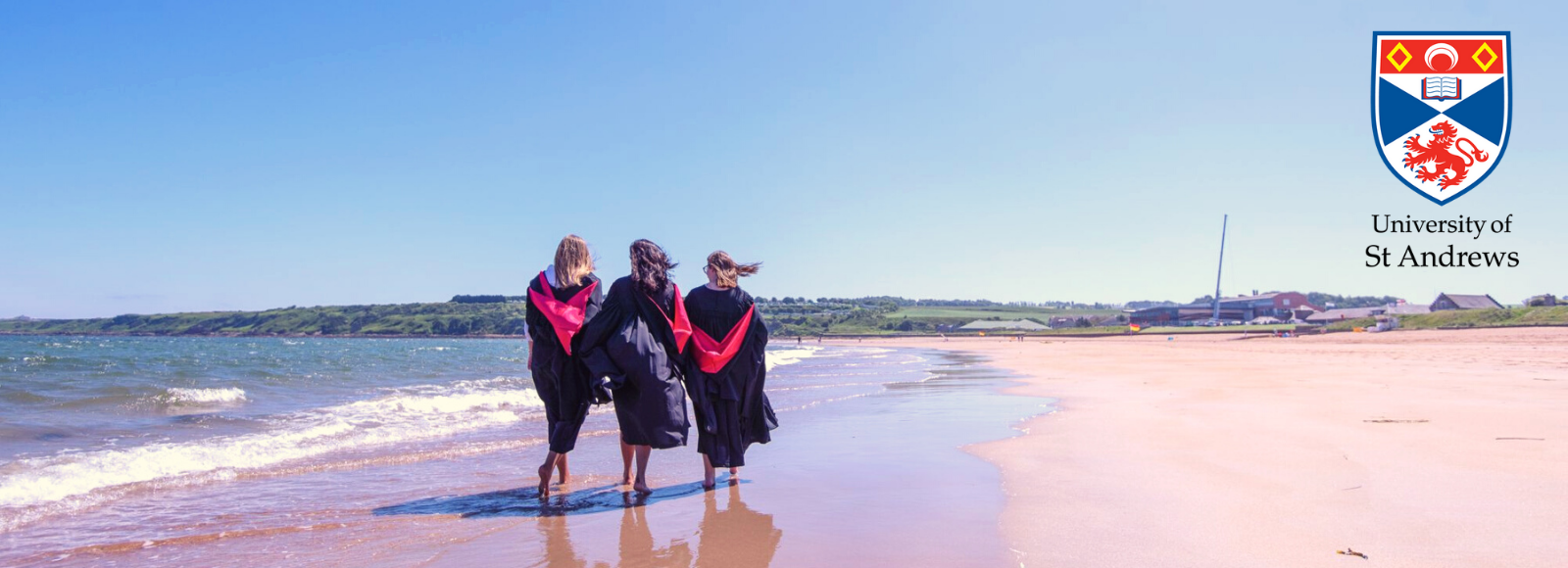- ...
Postgraduate Studentships - Search for funding opportunities.
Postgraduate Studentships - Search for funding opportunities.
The MLitt in Terrorism and Political Violence is a taught postgraduate programme run by the Handa Centre for the Study of Terrorism and Political Violence, Europe’s oldest terrorism research centre, based within the School of International Relations.
This MLitt programme explores terrorism as a phenomenon, with a focus on the history of terrorism as a concept and as a term, the different forms and causes of political violence, and why individuals and groups become involved in violence of this nature.
Throughout your time, you will critically examine selected approaches to researching and studying terrorism and counterterrorism and consider the roles and responsibilities of various actors as they formulate a response to terrorism in its many forms.
A 2:1 Honours degree in political science, international relations, social sciences or other relevant disciplines. If you studied your first degree outside the UK, see the international entry requirements.
The qualifications listed are indicative minimum requirements for entry. Some academic Schools will ask applicants to achieve significantly higher marks than the minimum. Obtaining the listed entry requirements will not guarantee you a place, as the University considers all aspects of every application including, where applicable, the writing sample, personal statement, and supporting documents.
Application requirements
For fees and funding options, please visit website to find out more
Students who graduate from the MLitt in Terrorism and Political Violence go on to work in various professional fields including:
The Careers Centre offers one-to-one advice to all students as well as a programme of events to assist students in building their employability skills.
Compulsory
Students must take the following compulsory module:
Optional
Students choose two optional modules, with the following four created specifically for the MLitt Terrorism and Political Violence:
Optional modules are subject to change each year and require a minimum number of participants to be offered. Some modules may only allow limited numbers of students (see the University's position on curriculum development).

Scotland’s first university, an experience like no other Masters programmes to help you find your future. Are you looking to earn an outstanding pos...
Sign up to Postgraduate Studentships
Sign up to compare masters
Thanks for making your selection. Click below to view your comparisons.